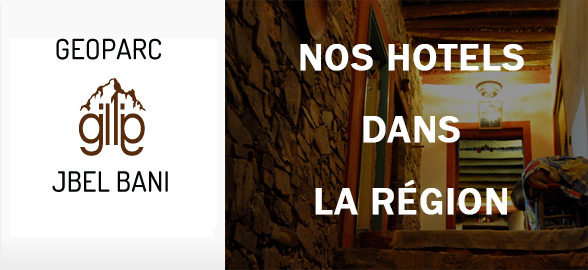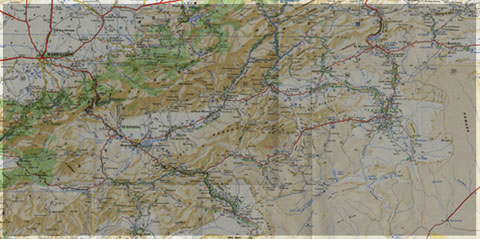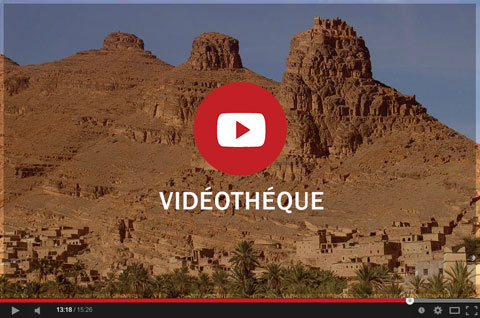Recherchez sur le site !
Recherche avancée / SpécifiqueCatégories publications
+ Sciences De La Terre - Archéologie - Astronomie - Spéléologie - Ecologie - Pédologie - Volcanologie - L'hydrogéologie - Géomorphologie - Minéralogie - Pétrologie - Paléontologie - Géologie + Climatologie - Réchouffement climatique - Changement climatique + Plantes - Plantes Aromatiques - Plantes médicinales + Zoologie - Faunes + Botanique - Flors + Sciences humaines - Géo Eco Tourisme - L’anthropologie - L'Histoire - Démographie - Sociologie - Géographie - Patrimoine culturel
Géo éco tourisme inclusif

Géoparc et Recherche Scientifique
Le coins de l’étudiant



Blog Géoparc Jbel Bani
Current Issues in Comparative Education (CICE), Volume 23, Issue 1, Winter 2021
Territorial Education through Urban Agriculture:
Contributing to Building Sustainable Cities in Times of a Pandemic
Sandrine Simon
Universidade Lusófona de Humanidades e Tecnologias de Lisboa
The multi-dimensional damages caused by the Covid-19 pandemic have highlighted the fragility of our economic systems and their lack of resilience. People are starting to question globalisation, and debates on alternative modes of development are back and alive. If economic paradigms need reforming, we also need educational systems that will equip people to build more sustainable societies. With this in mind, this article focuses on two crucial components in ‘current issues in comparative education’. One relates to the emergence of a so-far under-explored area of research in education, that of Territorial Education (TE), and places it in the context of both the 1990s educational reforms, intended to create a standardised ‘world class education’, and of ‘education for sustainability’. The second one focuses on the experiential nature that skill-orientated Territorial Education can provide, in contrast to other types of ‘education for sustainability’ approaches that are more conceptual. Using Urban Agriculture initiatives in Lisbon as illustrative examples, the article shows that such practical approaches might help to make cities sustainable and resilient in the future.
Introduction
The COVID-19 pandemic we are experiencing has encouraged people to question globalisation not only from an economic perspective but also with regards to how it has affected our education systems. Authors such as Teodoro (2020), Santos (2006), and Sahlberg (1996) have explained the mechanisms by which the calls for a standardised ‘world class education’ global reform in the 1990s were mainly targeted at adapting educational institutions to new configuration systems in world organisations. The OECD assumed a central role in this global reform, directly motivated by achievements in the economic sphere, and encouraged competition and standardisation mechanisms. This ‘educational reform’ was very different from the humanistic approach to ‘Global Citizenship Education’ put forward by UNESCO (2014) which “referred to a sense of belonging to a common humanity, and emphasised socio-political, economic and cultural inter-dependency, and interconnectedness between the local, the national and the global” (UNESCO, 2014: 14). The 1990s educational reforms also contrasted with efforts to develop educational approaches that would help communities to ‘put sustainability into practice’. This paper focuses on the types of knowledge and learning processes needed to understand what urban sustainable communities would look like if cities were to reduce their dependency on food produced outside, in a less globalised world. The article focuses on the so-far little explored area of research in Territorial Education (TE).
PDF Article Complet
Source web par : Sandrine Simon
Les tags en relation
Dictionnaire scientifique
Plus de 123.000 mots scientifiques
Les publications
Géo parc Jbel Bani

Circuits & excursions touristiques

cartothéques


Photothéques
Publications & éditions




